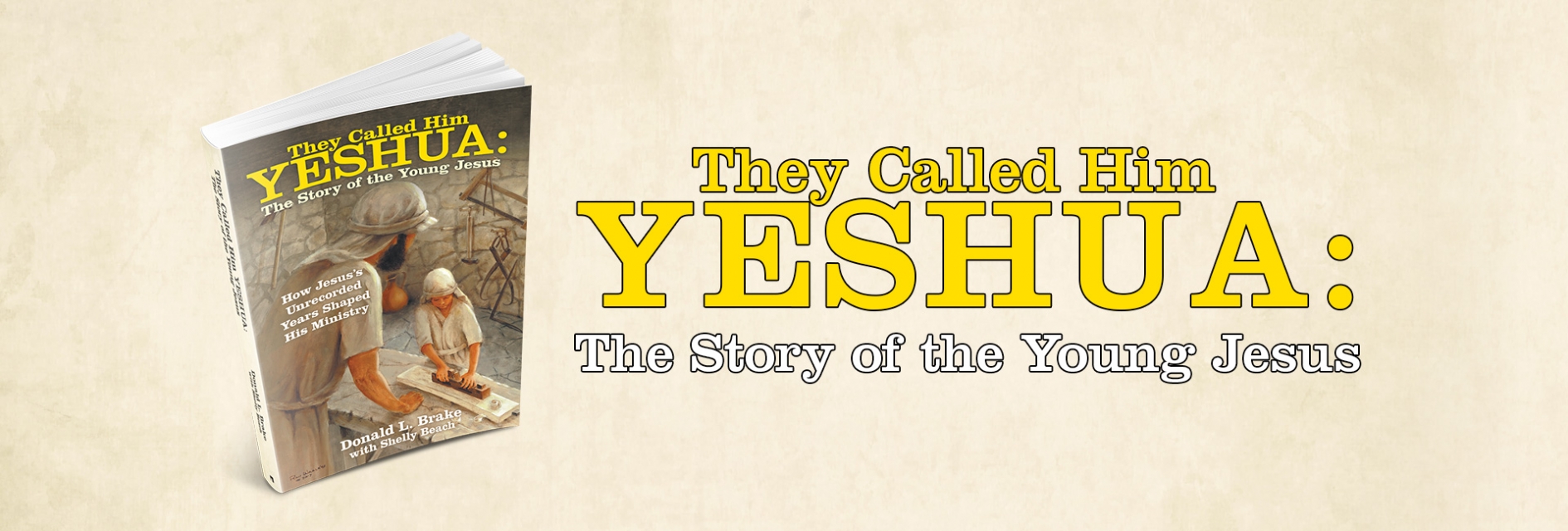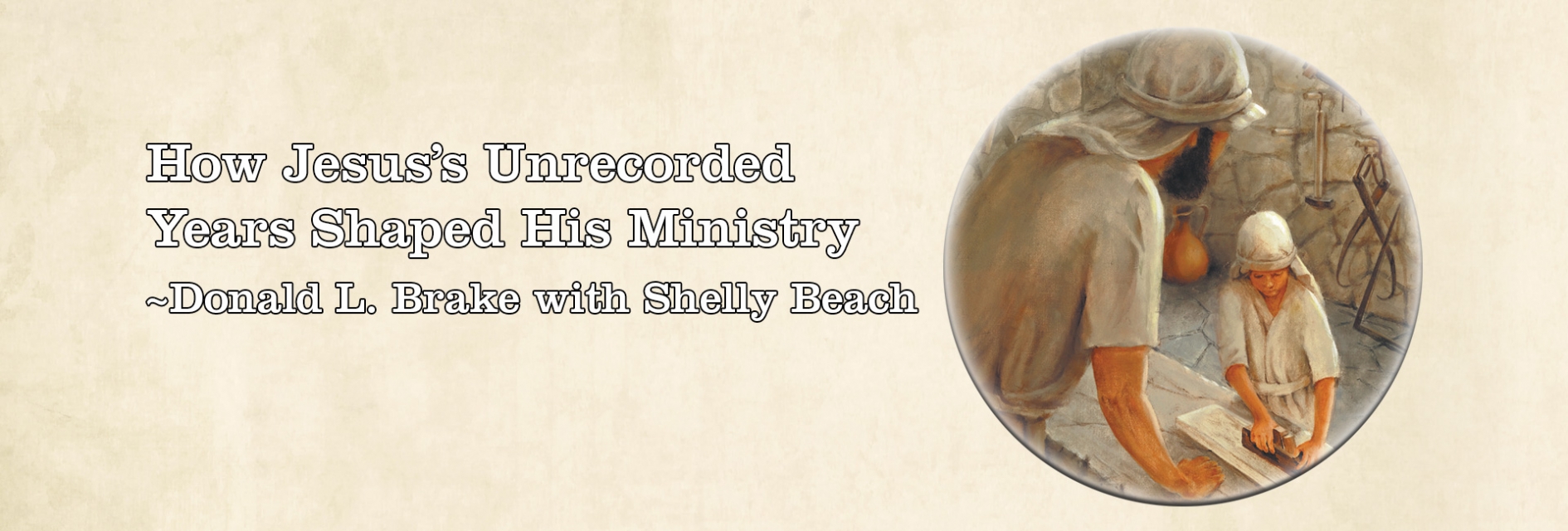

They Called Him Yeshua is an extraordinary, deeply moving exploration of the formative years of Jesus, providing a fresh and insightful perspective on a figure whose life and teachings have shaped the course of history. Through your thoughtful and empathetic retelling of Jesus’ early years, you offer readers a rare glimpse into the human side of the man who would come to be known as the Christ, shedding light on his experiences, his family, and the cultural context that shaped his character.
What stands out most in your writing is your ability to humanize Jesus, bringing him to life not as a distant, divine figure, but as a young boy, a teenager, and a man living in a specific historical and social context. By focusing on Jesus’ early life, you allow readers to see him not just through the lens of theology, but through the eyes of a child, a son, and a friend. Your portrayal of Jesus’ family life, particularly his relationship with Mary and Joseph, is intimate and tender. This grounded, relatable depiction creates a connection with the reader, making Jesus’ eventual teachings and divine mission feel even more profound when placed against the backdrop of his very human experiences.
The narrative is rich in historical and cultural context, offering a detailed and well-researched depiction of first-century Jewish life. From the customs and traditions of the time to the political and religious tensions that shaped the world Jesus grew up in, you carefully weave historical facts into the narrative, creating a vivid and immersive picture of life in ancient Israel. The setting feels alive, from the bustling marketplaces of Nazareth to the quiet, contemplative moments in the hills and fields. Your thorough understanding of the historical backdrop brings depth and authenticity to the story, helping readers understand the challenges and expectations that surrounded Jesus’ life from a young age.
What I appreciated most about They Called Him Yeshua is how you explore the early development of Jesus’ character, values, and sense of identity. Through key moments in his childhood and adolescence, you provide insight into his deep compassion, his quiet wisdom, and his ability to see beyond the surface of things. The story beautifully conveys the sense that even as a child, Jesus was aware of the world’s suffering and injustice, but also had a profound sense of purpose and connection to his faith. These moments of introspection, learning, and spiritual growth are depicted with sensitivity, offering a portrayal of Jesus that is both relatable and awe-inspiring.
Your depiction of Jesus’ internal struggles, his search for meaning, and his early spiritual awakening adds a layer of complexity and depth to his character. It’s clear that you are not simply retelling the well-known story of Jesus’ ministry, but rather focusing on the personal journey that led to his later teachings. These early years of self-discovery are just as crucial in understanding the man who would go on to revolutionize spiritual thought and human understanding. Your exploration of his developing relationship with God and his sense of mission is moving, adding a profound spiritual dimension to the narrative.
Another compelling aspect of the book is the way you approach the theme of destiny and divine purpose. While it is clear that Jesus was no ordinary child, you do not portray him as all-knowing or infallible. Instead, you show him grappling with the same uncertainties, questions, and challenges that every young person faces. This portrayal does not diminish his divinity; rather, it highlights the humanity of Jesus, making his eventual realization of his mission even more powerful. The book beautifully balances the tension between the human and divine aspects of Jesus, offering a portrayal that is both grounded in history and infused with spiritual depth.
The pacing of They Called Him Yeshua is well-considered, allowing the story to unfold gradually, while providing key moments of revelation and growth. The chapters are organized in such a way that the narrative flows naturally, guiding the reader through the various stages of Jesus’ early life. Whether describing his childhood in Nazareth, his interactions with his family, or his early encounters with religious figures, you maintain a steady rhythm that keeps the reader engaged, without rushing through the significant moments of spiritual and personal development.
The dialogue in the book is another strength, as it feels authentic to the time period while remaining accessible to modern readers. The conversations between Jesus and those around him—his family, friends, and the occasional religious leader—are rich with wisdom and insight, reflecting the themes of faith, love, and justice that would later become central to Jesus’ ministry. These exchanges allow readers to connect with the characters on a personal level and gain a deeper understanding of Jesus’ perspective on the world around him.
In conclusion, They Called Him Yeshua is a beautifully written, deeply insightful portrayal of the early years of Jesus. Donald Brake, you have succeeded in crafting a work that is both spiritually enriching and historically grounded. Through your thoughtful storytelling, you have created a portrait of Jesus that is human, relatable, and profoundly moving. This book invites readers to not only reflect on the early years of a man who would go on to change the world, but also to consider their own spiritual journeys and the moments of growth and self-discovery that shape who they are.
I highly recommend They Called Him Yeshua to readers who are interested in a fresh, thoughtful exploration of Jesus’ life, as well as to anyone seeking a deeper understanding of the humanity and divinity of one of history’s most influential figures. Your work offers a unique and compelling perspective that will resonate with anyone on a spiritual or intellectual quest.
With deep respect,
Alexis Stratton
About the Author
Written by Donald L. Brake Sr.
Donald L. Brake Sr., PhD, Dallas Theological Seminary; Dean Emeritus, Multnomah Biblical Seminary of Multnomah University. A former pastor, he lives with wife Carol, in Lewisville, Texas. The author has served as a Missionary in Ethiopia, SIM; Professor of Theology, Multnomah Biblical Seminary; Pastor, North Carrollton Baptist Church; President, Institute of Holy Land Studies (now Jerusalem University College; and dean Multnomah Biblical Seminary; and co-founder Living Word Bible Museum. He currently is a freelance writer. The author’s experience as president of the Institute in Jerusalem has given him insight into the historical, cultural, and geographical background of Israel and the life of Christ. Dr. Brake has led tours to the Holy Land and has taught the life of Christ and the Bible’s historical/cultural backgrounds for more than thirty-five years. Dr. Brake wrote a series of fifteen articles for the St. Louis Metro Voice and has published the Wycliffe New Testament. His book A Visual History of the English Bible was published in 2008 (a 2009 Evangelical Christian Publishers Association Christian Book Award finalist); Jesus, a Visual History with Todd Bolen, 2014; A Monarch’s Majestic Translation, in 2017; and A Visual History of the King James Bible, in 2011 (with Shelly Beach; also translated into Portuguese as "Uma Historia Visual Da Biblia King James"), a commemorative edition celebrating four hundred years of the King James Version. His major article “Versions, English” was published in The Interpreters Dictionary of the Bible, vol. volume 5, Abington Press. His most recent work is They Called Him Yeshua: the Story of the Young Jesus, 2019.

